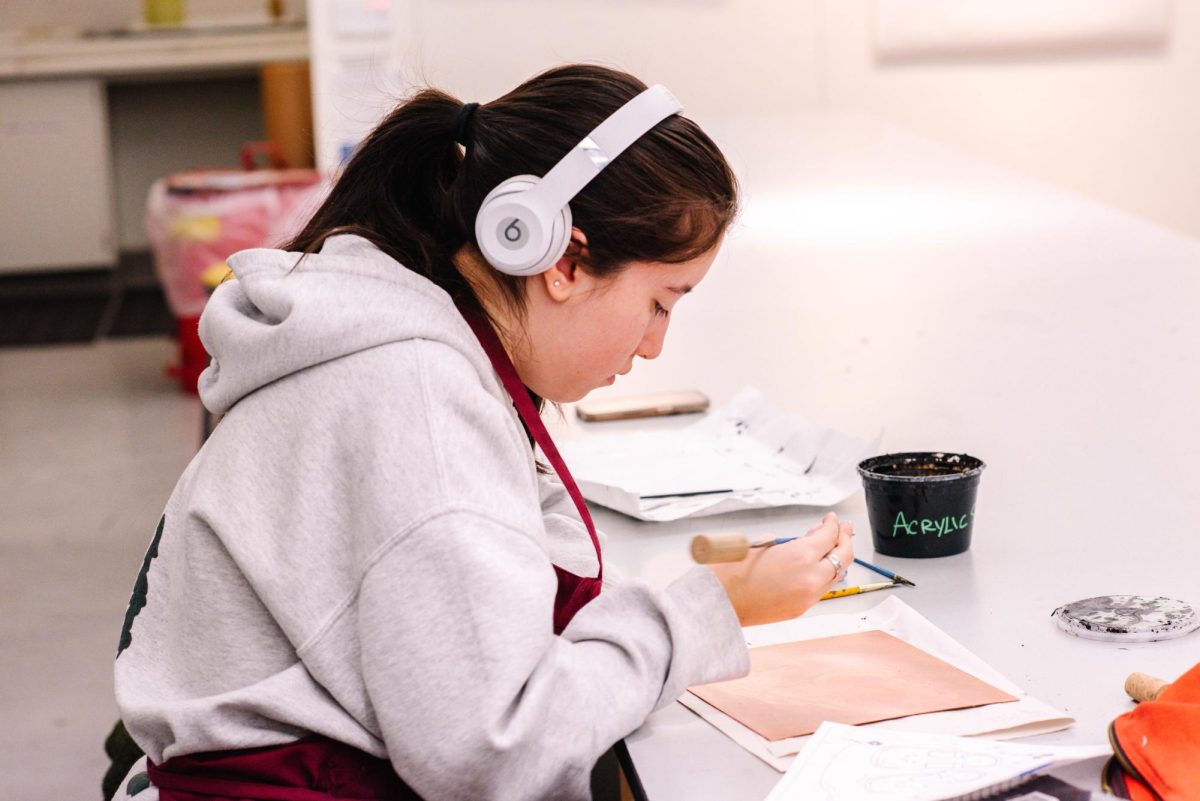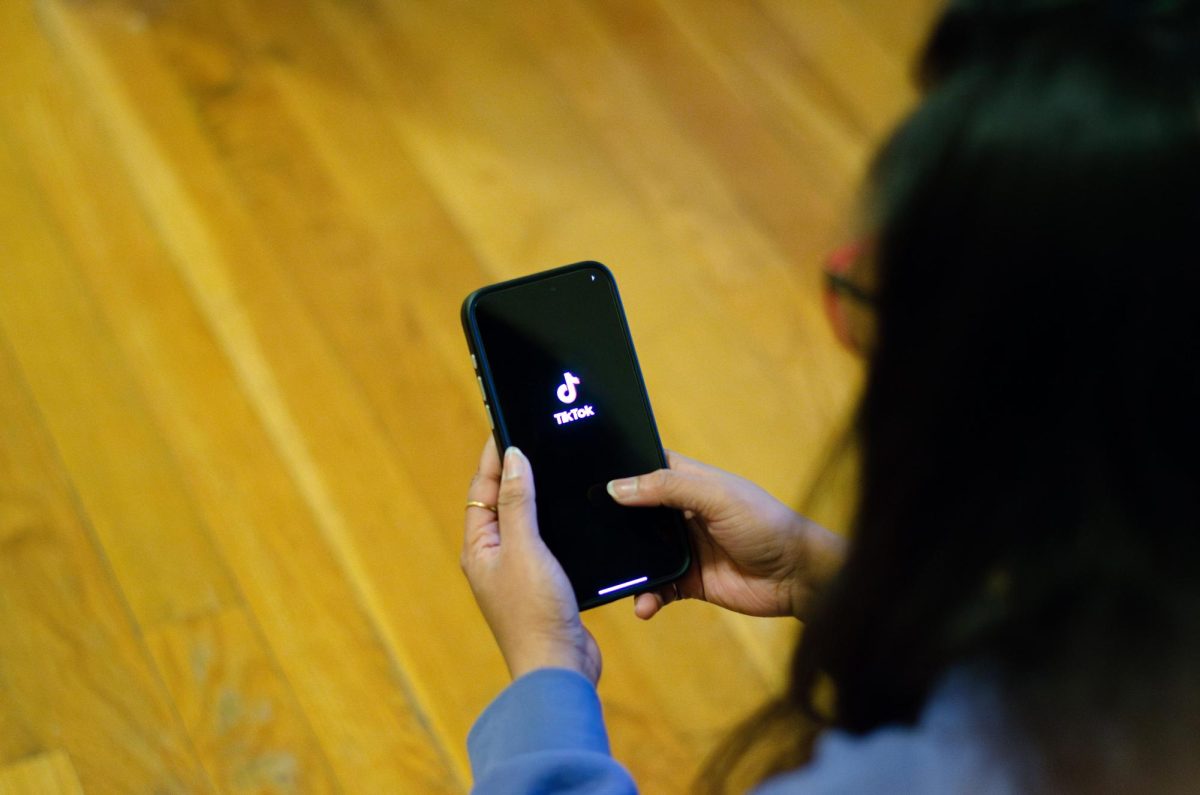There are some changes on the horizon for several bathrooms around campus, specifically the women’s and gender-neutral bathrooms.
As of March 25, several vending machines containing pads and tampons have begun to appear in bathrooms around campus—12 bathrooms, to be exact. The dispensers are largely sponsored by the Undergraduate Student Government, who worked to get the dispensers placed in women’s and gender-neutral bathrooms around campus. In addition, the project was also supported by the Office of the Vice Chancellor for Student Affairs.
“The idea of this project saw its inception in 2021 when former USG executives were working on it. Following administrators were faced with roadblocks along the way, including institutional support from campus partners [the administration], economic feasibility of the project and choosing the correct vendor for the products,” said USG President Kaushar Barejiya. “When [Vice President] Kaley [Whipkey] and I ran our campaign, it was one of the top priorities on the agenda because it’s an important project, but more than that, it’s a necessity to have these products in the bathroom. Having them specifically in the bathroom addresses the accessibility of these products in an emergency.”
Barejiya also explained that the dispensers are filled on an as-noticed basis, meaning that they are only filled when members of USG notice empty dispensers or the facilities workers on campus remember to do so. However, USG plans to have a QR code to a Google form or messaging system on all dispensers in the Fall 2024 semester to allow for easy notifications.
However, these vending machines aren’t the first appearance of access to menstrual products on campus. Senior art major Madison Evans began her own bin of free and accessible products in October 2023. Evans began her efforts through selling stickers at craft fairs and markets in order to fund the purchasing of pads, tampons and wipes for the bin she started in the UHall fourth floor bathroom. Presently, though, most of the funding comes out of Evans’ pockets.
“It was important to me that students felt comfortable and taken care of,” Evans said. “I’ve mostly had students that have gotten in contact with me about the program and contributed, and I think this is a great first step. This should be so normalized, and this is just the first step. It’s also a great opportunity to let students know that this is here and make it a part of regular life.”
Proper reproductive care for those who menstruate doesn’t stop at providing period products, though. According to the Executive Director of Health Services Rob Pomales, University Health Services is also looking to provide care of their own, specifically surrounding access to medication abortion on campus.
“We are in the process of ensuring that all our UHS staff (professional and students) complete the Massachusetts Department of Public Health sponsored training designed to give an overview of medication abortion and their role in successful implementation,” Pomales said. “Our clinical staff are participating in training to ensure that they are proficient in providing the service safely. In the meantime, we have a formal referral agreement with Planned Parenthood to ensure access to reproductive health services for all students.”
Looking toward the 2024-2025 academic year, Barejiya states that there is a plan to add eight more vending machines on campus, with an additional goal to expand into men’s restrooms. However, this number is contingent on USG’s budget and campus stakeholders who may want to support the campaign.
“We are very optimistic about the future of the project. We are already in talks with a few partners on campus who will be partnering with for expansion. We are hesitant to disclose the names yet because we are in the initial stages of our conversation,” Barejiya said. “This is the plan for the next academic year but the ultimate goal is for this project to be institutionalized and to have dispensers available in all the bathrooms across campus. This campus-wide implementation would mean the campus taking over the whole project and overseeing the implementation for the following years.”


















































